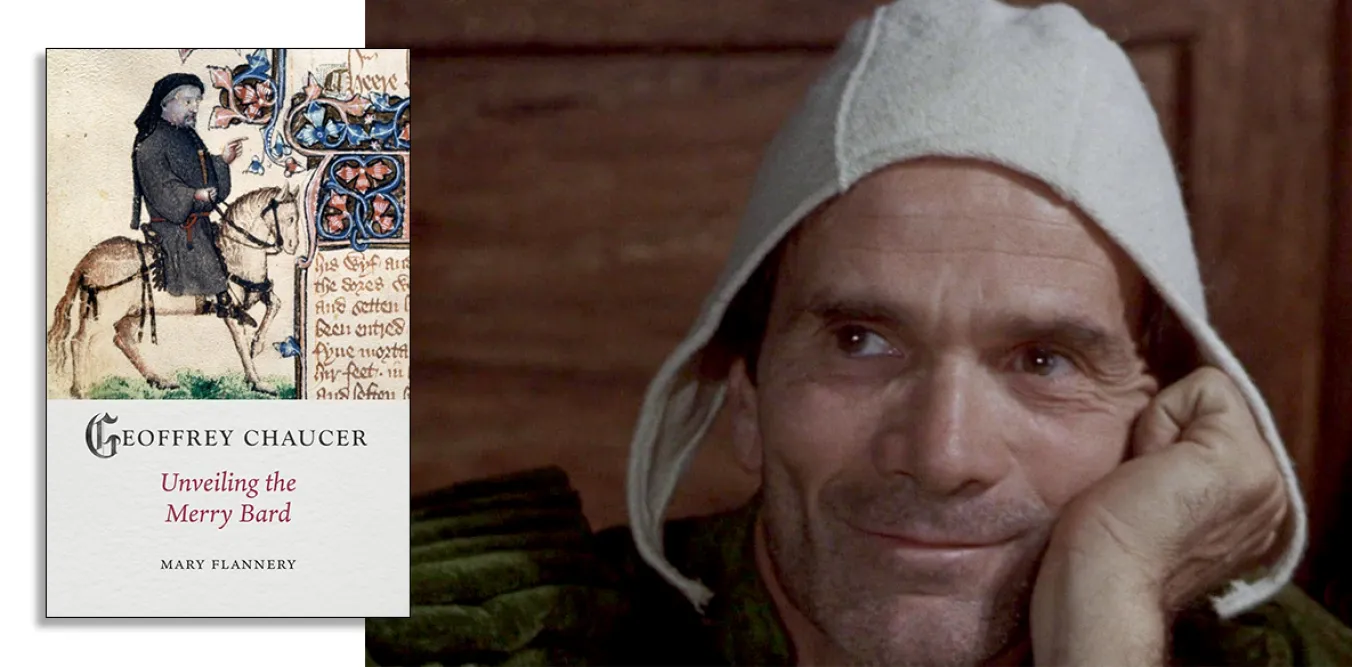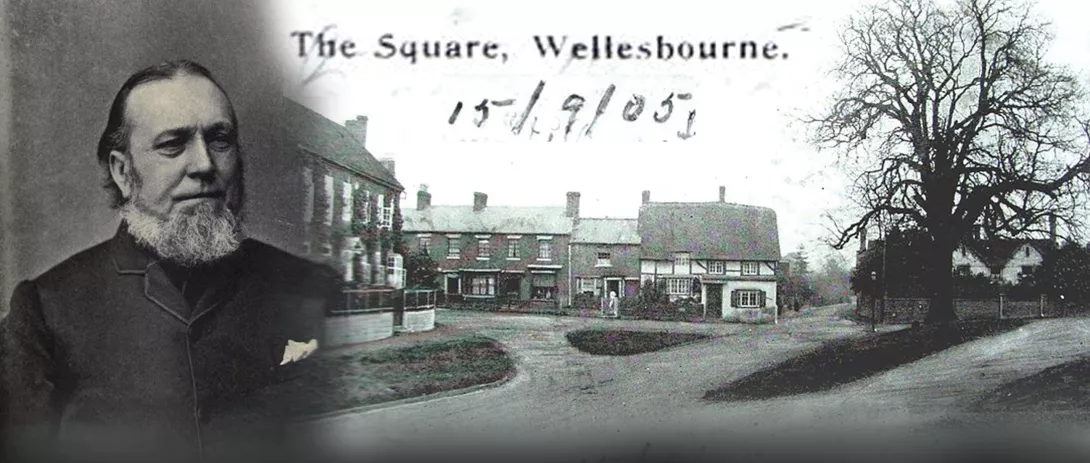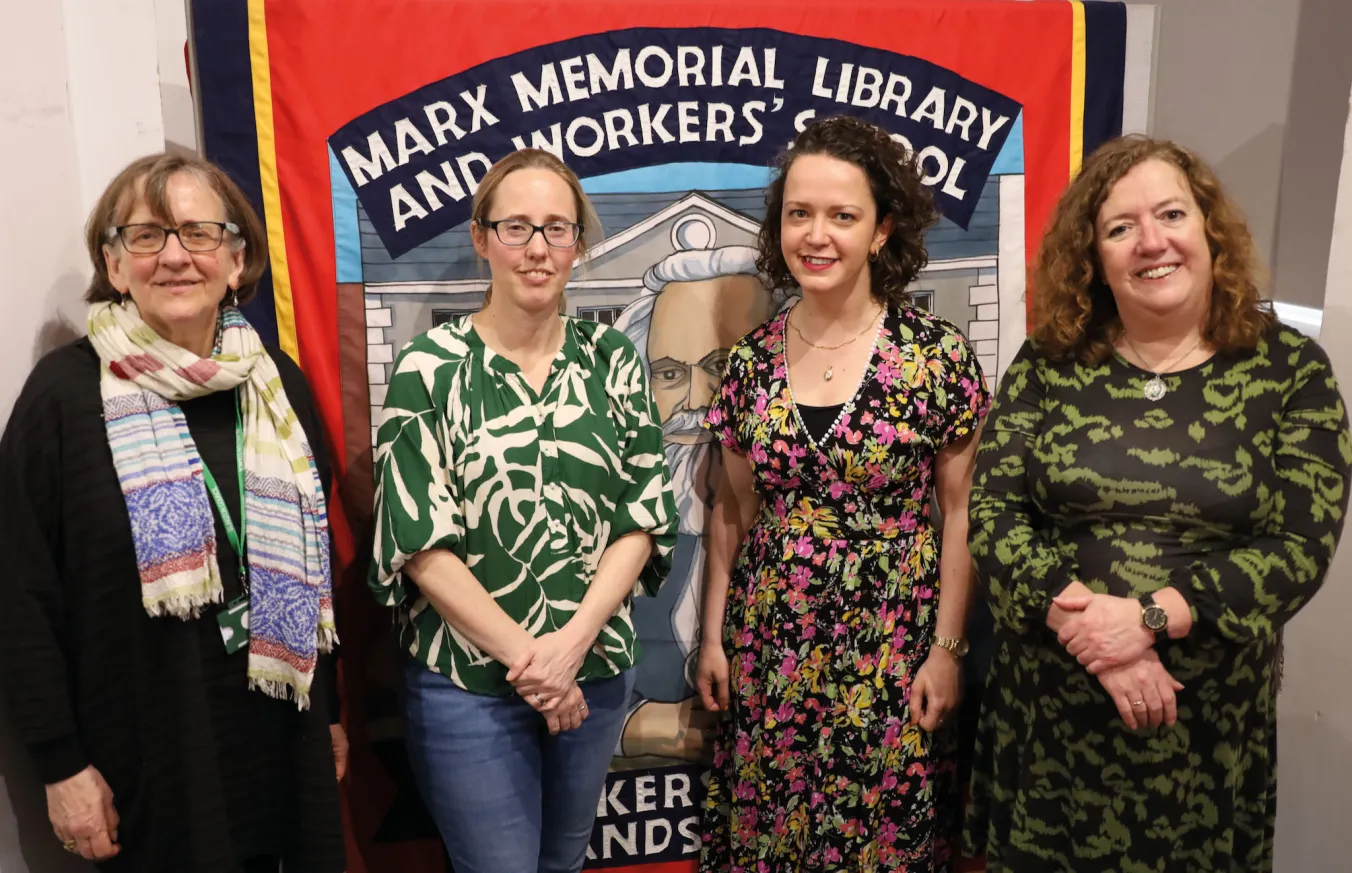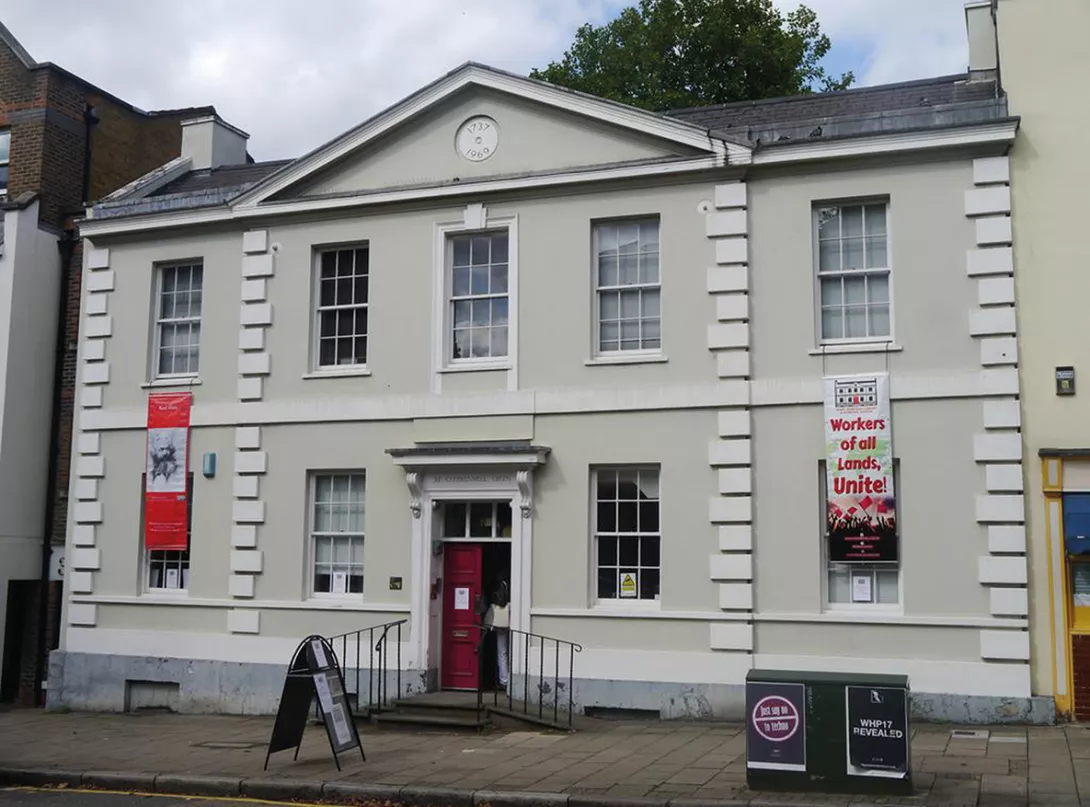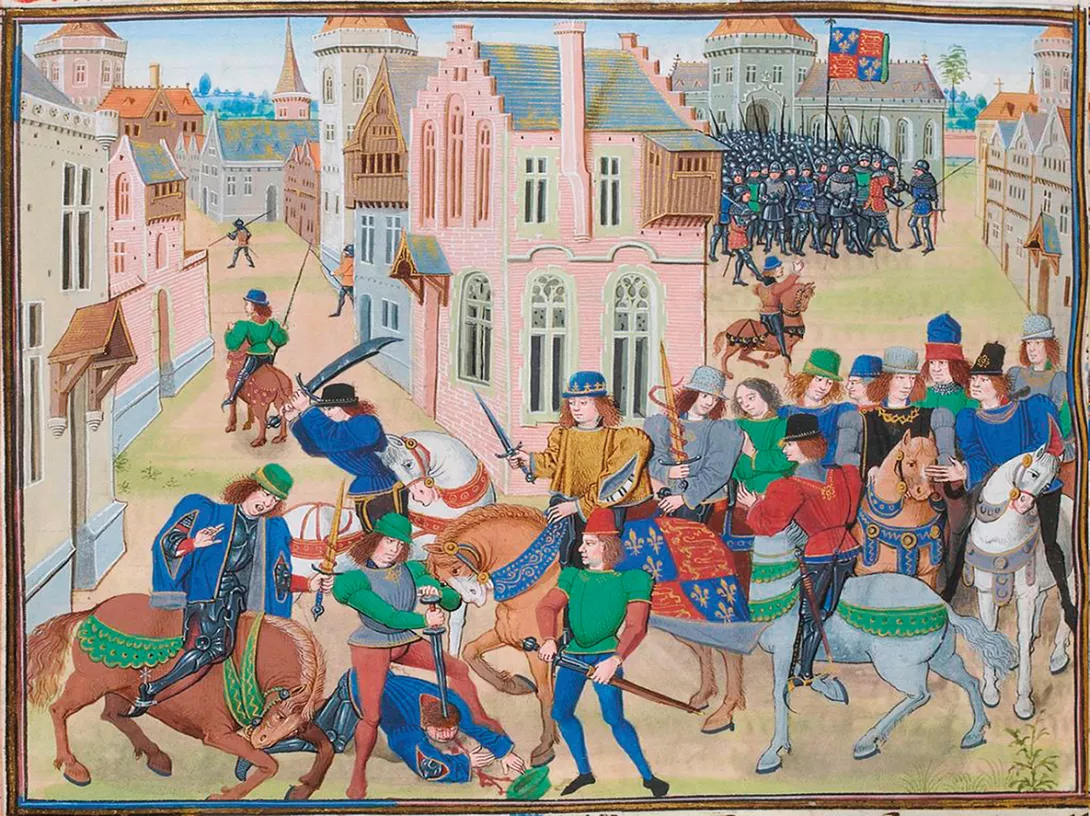
“MATTERS cannot go well in England, nor ever will, until all things shall be held in common, when there shall be neither vassals nor lords, when the lords shall be no more masters than ourselves.” — John Ball
On the evening of June 13 we attended a free event held in Clerkenwell, London, and hosted by the Marx Memorial Library as part of their Reds on the Green series, which aims to bring alive England’s rich radical history.
This night was devoted to the Peasant’s Revolt, a seismic historical moment that holds particular resonance for Clerkenwell, the huge throng led by Wat Tyler having gathered here on their way to confront King Richard II, but not before they burnt down the original priory on the very site we were now sitting in, currently the Museum of the Order of St John.
The evening got started with a fascinating short lecture and Q&A with historian James Crossley and compelling readings by acclaimed actor and vice-president of the Marx Memorial Library, Maxine Peake.
